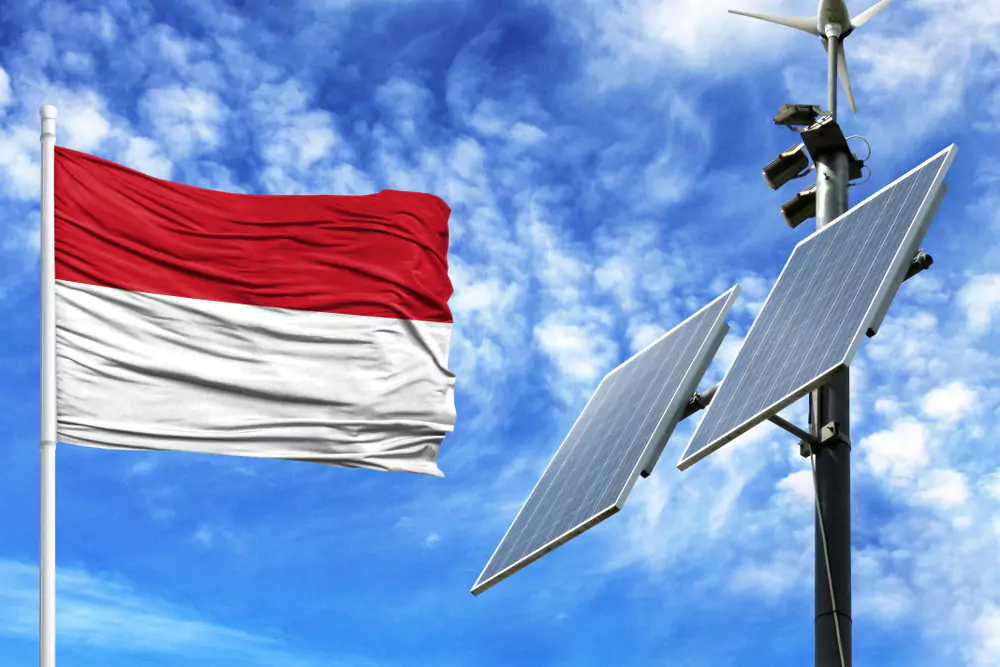Indonesia enhances development of solar power, and additional headlines

For PropertyGuru’s news roundup, Indonesia’s installed solar power capacity has surpassed 700 MW, but further acceleration is needed to meet global climate targets. In other reports, if you’re concerned about potential travel restrictions, here’s a guide on how to check your UAE travel ban status in Dubai and other emirates. Lastly, does Malaysian law allow for a husband’s mother-in-law to transfer her apartment to his wife, making it the wife’s second property?
Indonesia boosts solar power development
Indonesia’s Institute for Essential Services Reform (IESR) announced on 21st October that the country’s installed solar power capacity has surpassed 700 MW. However, further acceleration is needed to meet global climate targets.
As of August 2024, Indonesia’s installed solar power capacity reached 717.71 MW. The Cirata solar power project, installed in November 2023, had to nearly triple its capacity to 145 MW to meet demand, according to a report in VietnamPlus.
Indonesia currently has around 17 GW of solar power under development, with state utility PLN planning to add 3.2 GW by 2030. Offshore solar energy development is also being prioritised to address electricity transmission challenges in remote areas. Floating solar panels are seen as more efficient, helping reduce evaporation and maintain water levels for irrigation.
Here’s how you can check your UAE travel ban status
While the diversity of the expat population significantly contributes to the UAE’s economic growth, it also presents the risk of non-citizens fleeing the country to avoid legal issues. To mitigate this, the UAE government imposes travel bans on some residents under specific circumstances. If you’re concerned about potential travel restrictions, MyBayut will guide you on how to check your UAE travel ban status in Dubai and other emirates.
In Malaysia: Can my mother-in-law transfer her low-cost apartment to my wife?
Q: So, here’s the scenario. My mother-in-law wants to transfer the title of her low-cost apartment to my wife, making it her second property. She’s thinking ahead, wanting to avoid the hassle of dealing with ownership issues if something were to happen to her. But here’s the twist: she also wants to make sure that all five of her children get a fair share of the property. How do my wife and I deal with this?
A: Now, this might seem straightforward on the surface, but a lot is going on beneath the surface regarding legal and financial implications. If you’ve ever been in a situation where you’re dealing with low-cost property, inheritance issues, or family dynamics, you’ll know how tricky it can get.
So, how do we handle this in a way that keeps everyone happy, avoids legal headaches, and ensures compliance with Malaysian law? iProperty reports.
The Property Report editors wrote this article. For more information, email: [email protected].
Recommended
Exploring the impact of shifting demands on the future of Philippine real estate markets
Developers and investors are adapting to pressures while tapping into numerous advantages to drive the nation’s real estate sector
ARES White Paper Volume 3: The era of adaptive reinvention
Pioneering sustainable and innovative practices in urban development
ARES White Paper Volume 2: Unravelling the power of data revolution in real estate
Insights on proptech, smart cities, and sustainable development
ARES Digital White Paper Volume 1: The fundamentals of responsible building
Green and climate heroes join forces to discuss how Asia Pacific can weather the current environmental crises and the looming effects of climate change






